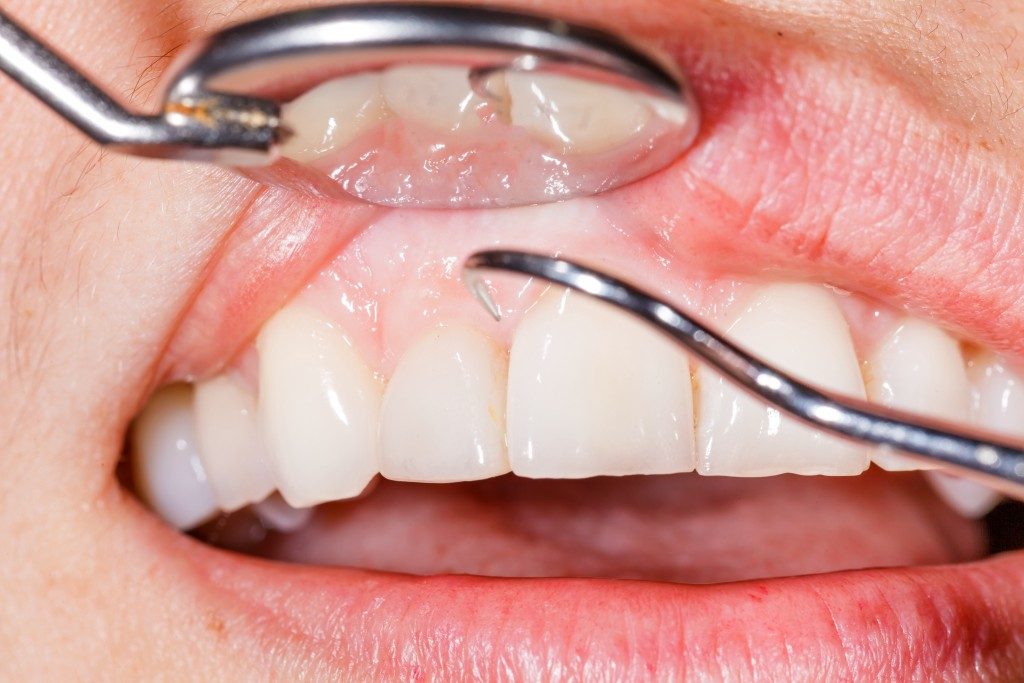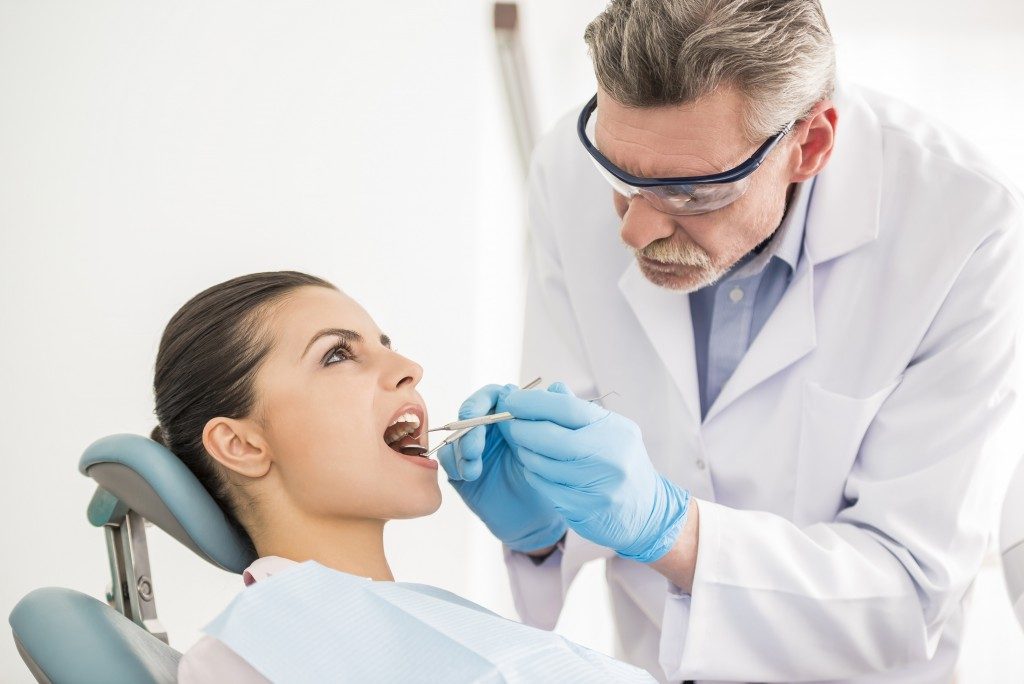We often make the mistake of thinking that a hygienist Richmond is just giving teeth an annual clean. In the majority of dental practices, providing a dental hygienist service is far more than just cleaning a patient’s teeth. These qualified hygienists will of course remove plaque and any calculus that has built up over time since a patient’s last clean. The hygienist sessions are very thorough and cleaning the teeth includes cleaning below the gums to ensure a healthy mouth at the end of the session. Identifying periodontal disease and any signs of gingivitis are all part and parcel of the process. The causes of stains or spots on the teeth will be documented and advice on stopping smoking for those patients who still do will be provided. Any gaps between teeth will be measured and the amount of plaque removed will be recorded.
Level of cleaning
The highest possible level of care is taken to ensure that all areas of the patient’s teeth are free of plaque. Any staining will be removed and antimicrobial materials will be applied. The cleaning process involves the use of the latest dental cleaning equipment and dental pastes, known as ‘scaling and polishing’.
Education on maintenance
To ensure that the risk of tooth loss and decay is kept to a minimum, the hygienist will educate the patient on the best way to clean teeth to reduce the build-up of plaque and calculus in the future.
Reducing the appalling statistics
The dental statistics in the United Kingdom and worldwide indicate that only just over fifty per cent of people attend a regular biannual dental appointment. Thirty-three per cent of adults have never flossed their teeth and one per cent never brush their teeth. The fact that all this has resulted in almost three per cent of adults in the United Kingdom and worldwide having lost all their teeth, emphasises the need for regular hygienist treatment.
Some cosmetic procedures
Hygienists can also perform some cosmetic procedures such as tooth whitening, which is far safer to have done at the dental surgery than by using over-the-counter formulas. The hygienist in consultation with the dentist is able to identify the cause of tooth discolouration and spotting which can be caused by different medical conditions. Coeliac disease for example often manifests itself by producing spots on the teeth. It is therefore vitally important that the solutions used to whiten the teeth are appropriate for the type of discolouration, rather than using a one type suits all approach. Using a professional to whiten teeth can possibly help to identify a health condition before it gets worse. Bacteria from teeth that have been badly maintained can be swallowed and have been known to cause heart valve disease. The hygienist will quickly identify these problems and refer them to the dentist.
The important role of the hygienist
The hygienist plays a very important role and forms part of the dental hygiene routine that we should all be following. If a patient experiences any discomfort with the plaque removal procedure it is not uncommon for a local anaesthetic to be used. If the hygienist’s advice is correctly and regularly followed regarding the cleaning and maintenance regime, plaque build-up will be greatly reduced. This will mean a far more comfortable time during the next appointment.

